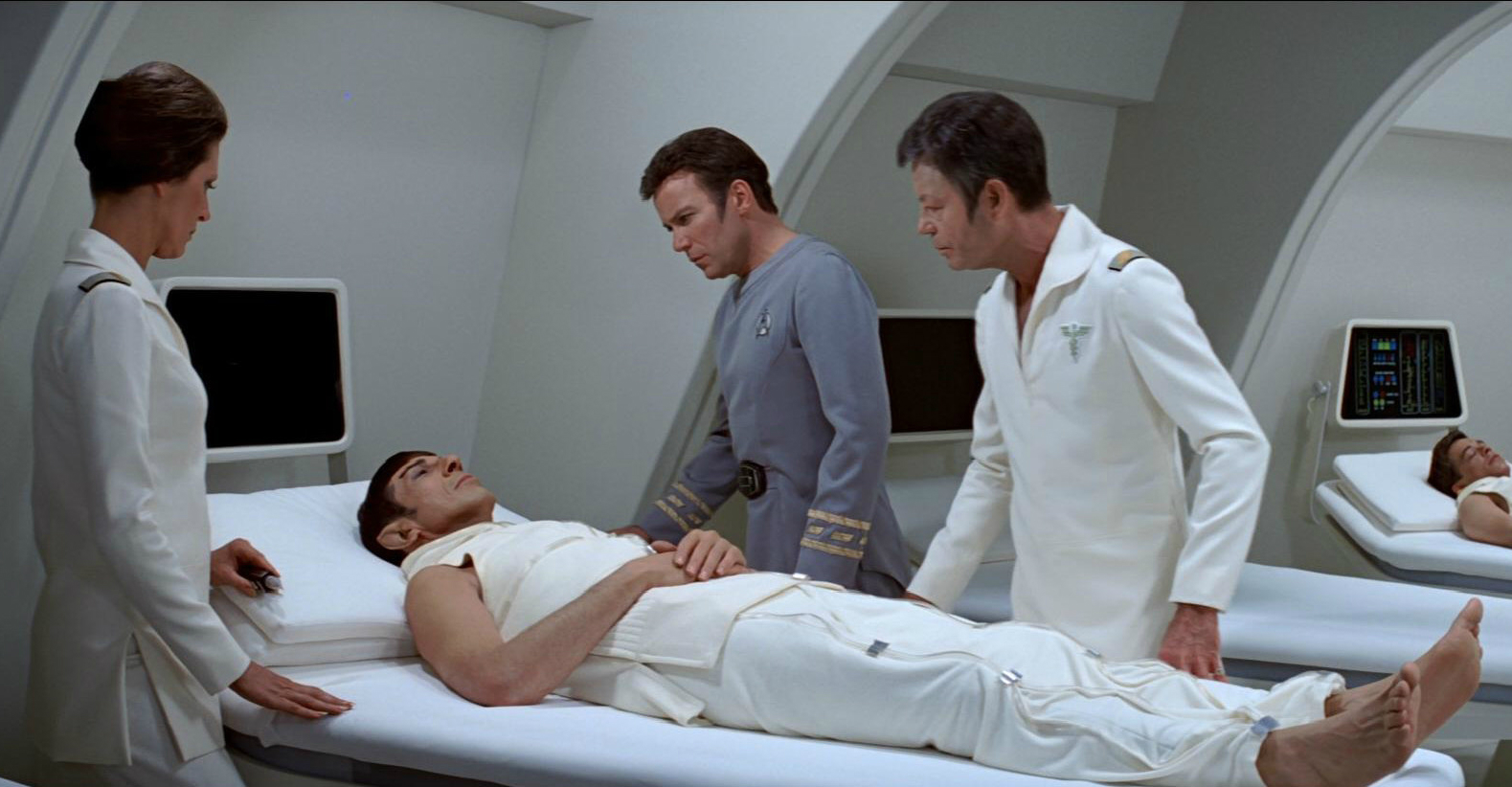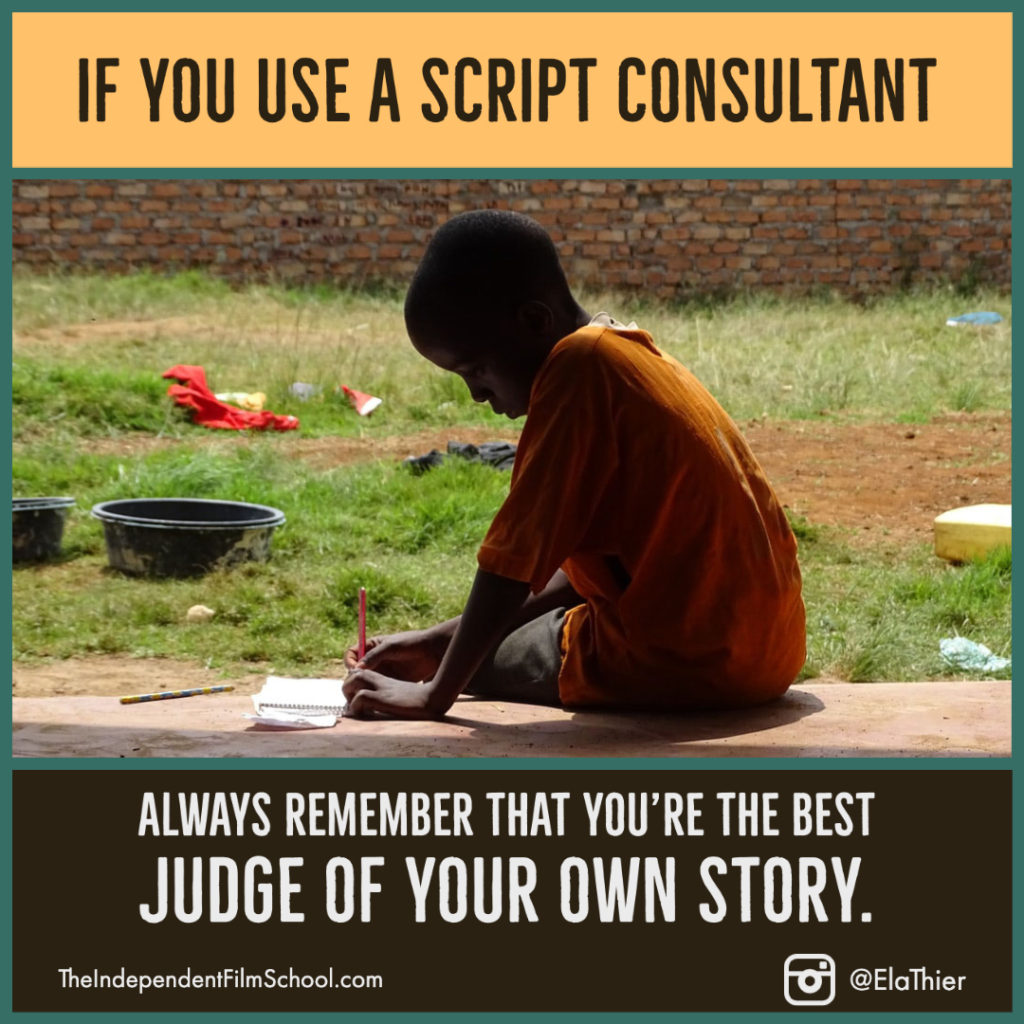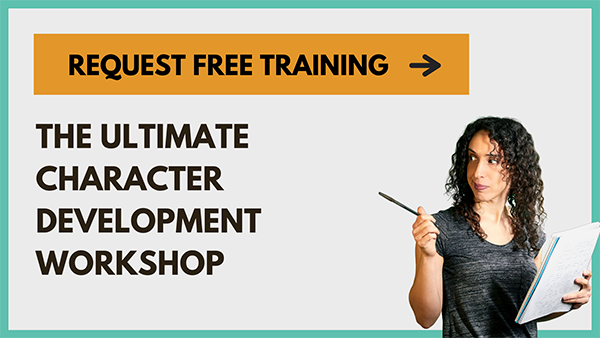
NO SCRIPT DOCTOR OR CONSULTANT KNOWS YOUR SCRIPT BETTER THAN YOu
I’ll explain below the differences between script coverage, a script doctor, and a script consultant, and will offer my recommendations on which to use and the range of what it might cost. But before I do any of that, we have to get something super clear:
You’re the expert
Whether it’s a friend or an expert, whoever you turn to for input or help won’t have the depth of understanding of your vision and what you’re trying to achieve.
When I’ve consulted writers on their work, I always, always tell them to trust their own thinking and stay in charge. It’s music to my ears when I make a suggestion, watch the writer hesitate, and then hear them say: “Nah… That’s not really what I’m trying to do with this script.” Input of that kind from a writer means I’ve done my job of reminding them to stay in charge of the process and not second-guess themselves. It also gives me the information I need to best help the writer in their work.
Many people who offer input are well-intended blocked writers who will unknowingly pass writing blocks on to you.
If the input you receive excites you to get to work on the script, the input is accurate and you’re on track.
If the input deflates you, makes you feel small or stupid, and turns the revision process into drudgery, you’ve probably gotten inaccurate input from someone who doesn’t quite understand the heart and soul of what you’re trying to create. You’re also probably in the process of inheriting someone else’s writing block – someone who has been so harshly judging themselves that they can’t bring themselves to write, and they are likely to bring that needless harshness to their input on your own work.

If you feel discouraged after receiving input, the input you received is inaccurate
When that happens, get one of those Men In Black memory eraser flasher thingy, so you can self-impose amnesia, forget what you were told, and find input elsewhere. You’ll also need to wash the experience down with one or two people who love you and your work and are willing to give you an exhaustive list of everything they like about it. Just to keep you going?
A great script consultant inspires you to keep working and doesn’t leave you doubting your abilities.
Writing isn’t magic, it’s like anything else in life: the more you do it, the better you get at it. So any expert that leads you to doing less of it, is no expert in my book. An expert offers concrete suggestions that respect your vision, respects your mind, and excites you to keep at it and continue to grow and improve, until you find out what you’re truly capable of.
Ok, let’s dive in:
Script coverage
What is script coverage?
You have a blind date coming up, so you send a robot to meet your prospective love interest in advance and let the robot tell your date all about you in order to peek their interest. That’s pretty much what script coverage is.
It’s a dry account of what happens in a script – without the voice, the humor, the intimacy, the passion, or the novel execution of it.
Do you need script coverage?
The short answer is: no.
The long answer is: hell no.
Look, decision-makers in studios and production companies hire readers to write coverage so they could glance over a page or two rather than read a script. They literally have robots describe your script to them. Let them do their thing, but you stay out of it.
You need script coverage like you need a root canal. (If you actually do need a root canal, this analogy is not for you!) Focus on writing great scripts, on receiving actual input, and on writing irresistible pitch materials that actually capture your voice and draw the reader in.
What does script coverage cost?
If you’re dying to know how a robot would describe your script: they range $50-$200.
I say leave it to producers to pay for coverage, since they’re the ones who want it.
Some will offer to write coverage and include input
I say skip it. You don’t need coverage.

Script doctors
What do script doctors do?
A script doctor is basically a ghost writer who gets in there and does the rewrites. It’d be nice to have one but you know what? It’s hard work, there’s no glamor in it (did I mention ghost writer?) and you’re not getting to create something that’s really yours. The script doctor does the work and someone else gets the credit.
All that is to say: the only reason anyone would ever dive in as a script doctor is if they’re financially incentivize, which brings me to the next topic:
What do script doctors cost?
The range is too broad to name a price. There are seasoned Hollywood script doctors who get six figure checks to do this work.
Or you can have a writing friend work with you on a script as a favor. Which brings me to the next point:
What you need instead of a script doctor
If you feel strongly that you need to recruit another writer to work on a script with you, and you don’t have a five or six digit check to offer, then what you’re really looking for is a writing partner to collaborate with.
Recruit an actor-friend who writes and dangle in front of them the possibility of the two of you writing them their dream role. Or make the project super attractive in some other way.
If you approach someone about writing a project with you, put yourself in their shoes: What would it take to incentivize you to set aside your own creative projects and write someone else’s project with them? Assume that this is what it would take to incentivize someone else.
Script consultants
In 99 out of 100 cases, if you’re hitting a wall and need input, what you need is a script consultant. So let’s detail who these people are and how to choose one.
What does a script consultant do?
Consultants don’t make any changes to a script, they offer notes on how to develop it further: how to give the story a stronger shape, a smoother arc, how to craft the ending, how to tighten and streamline the story, etc.
Some consultants prefer to send written notes, some prefer to meet and talk over the script, some will do both.
When I’ve consulted I found that what was needed varied from writer to writer and from project to project. By and large I prefer conversations to notes because the back-and-forth can be very productive.
There’ve been times when I had one idea about what the script needed, but then as I listened to the writer react and speak about it, I would realize I’m wrong and swerve my approach. A conversation makes it possible to really learn the writer and their intention and to serve it, rather than come down on a script from on high and assume I know best.
What do script consultants cost?
Script consultants can range anywhere between $300 and $7,500 depending on who it is.
Sometimes you get what you pay for, but not always. When I first started offering script consultations, I charged $50 per script (#LowSelfEsteem). Guess what: I couldn’t get any takers. People saw the price tag and assumed I didn’t know what I was doing. In reality I was giving better consultations than most of the ‘spensive ones out there.
Moral of the story: Don’t Judge a consultant by their price tag.
There are better ways to judge the qualifications of a script consultant.
Good and bad reasons to hire a script consultant
If you’re looking for an expert who will know better than you and tell you if your script is any good, I don’t think a consultant can help you.
You’re a writer. Therefore, you need to make it your business to become as skilled as humanly possible at crafting stories.
A consultant should be a second pair of eyes and a soundboard, not an expert who comes from on high and tells you if you’re any good.
I tell writers time and again: you will save the life of your scripts (and a LOT of money) if you invest in improving your own skills and make it your business to be an amazing script consultant yourself. Don’t resign to a lifetime dependency on consultants who will charge you script after script, and draft after draft.
If you haven’t yet, I invite you to join my free membership:
I offer a variety of trainings to build your story development skills.
How to find a script consultant and what to look for
Sometimes you really do need that second pair of eyes.
Personal recommendations are best. Do you know a fellow writer who had a good experience with so-and-so?
If you have none, google away. Get a sense of their vibe on their website. Do they sound like they like and respect writers?
Don’t get dazzled by “I worked for such-and-such number of years for Hollywood studios.” That means that they spent years criticizing people’s work and looking for reasons to reject scripts. Very often these are blocked writers who need a hug.
Working in development doesn’t make someone a good consultant. Being a writer does.
Assisting writers takes emotional intelligence and sensitivity.
A great consultant knows that their job isn’t just to improve a particular script, but to improve the skills of a writer overall. Partly you do that with nuts-and-bolts, and partially do you that by building up the writer’s confidence and helping them connect with what they love about their work.
It also takes humility to be a consultant. You need to remember that the writer knows best what they’re trying to achieve. Your job is to be the lowly assistant who’s there to serve the writer in helping them realize their own vision – not yours.
signs that a consultant is good
If a consultant opens a conversation with what they like and appreciate about a script before they dive into “what’s wrong” – you’ve got a good egg.
When a consultant does a good amount of asking questions and listening, rather than just talking: good egg.
If a consultant offers concrete suggestions on what you can do, rather than just point out problems: also, good egg.
What writers need more than script consultants
Cheerleaders
So firstly, let me put that question to bed: Yes, you have talent. Yes, it takes work to find it, unleash it, and combine it with craft. And yes, you should keep writing.
What friends are good for is moral support, not feedback on your writing. Ask your friends to send you a list of everything they like about the script and stop there.
You’ll learn more about your writing by hearing what people like about it than anything else.
Check out my article here on How to Give Constructive Criticism that Inspires.


